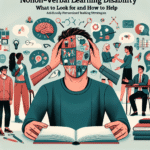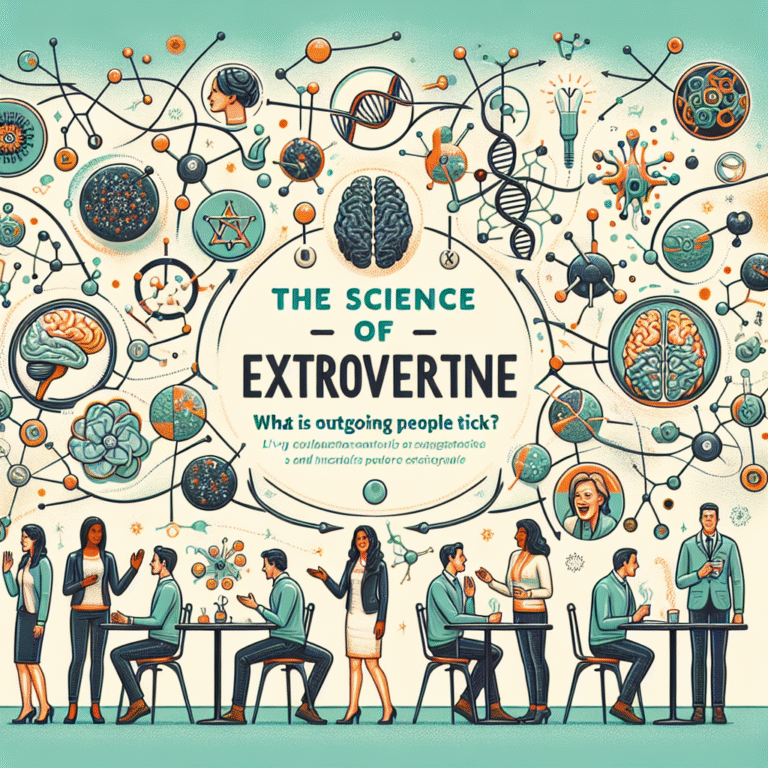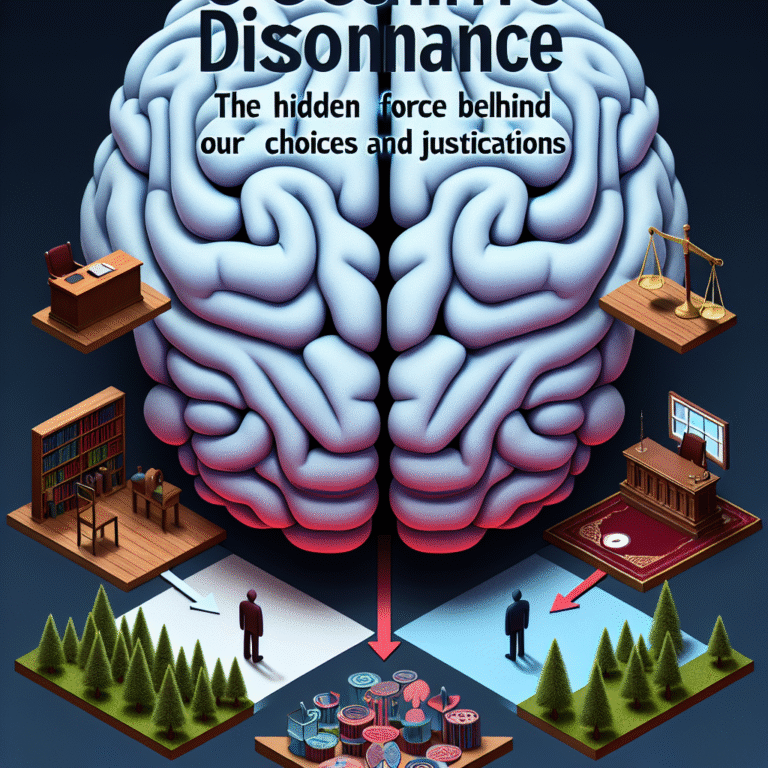Introduction
In a world overflowing with information, the struggle for our attention has intensified. The phrase "Attention Wars" perfectly encapsulates this modern phenomenon. Everywhere we turn, advertisements, notifications, and countless other stimuli vie for our focus. But what truly determines what we notice and what we ignore? Understanding Attention Wars: How Our Brain Chooses What to Notice and What to Ignore is not just an academic exercise; it influences everything from marketing strategies to personal well-being. Join me on this journey as we delve deep into the mechanisms of attention, revealing how our brains navigate this battlefield.
The Essence of Attention: A Neuroscientific Perspective
Attention isn’t merely a byproduct of interest; it’s a complex, multi-faceted process rooted in neuroscience. The brain’s attention system is made up of several key structures, primarily the prefrontal cortex, the parietal lobe, and the thalamus. These components work together to filter the overwhelming volume of information we encounter.
The Types of Attention
-
Selective Attention: This is the brain’s ability to tune into specific stimuli while ignoring others. For example, the classic "cocktail party effect" allows you to have one conversation in a noisy room full of people.
-
Sustained Attention: This refers to maintaining focus on a task over a period. Students studying for exams often rely on sustained attention to absorb information.
- Divided Attention: This allows us to multi-task at a basic level, such as cooking while talking on the phone. However, the effectiveness of divided attention varies significantly.
Understanding these types highlights how Attention Wars: How Our Brain Chooses What to Notice and What to Ignore is not just about what captures our focus but also about the demands of maintaining that focus.
The Evolutionary Perspective
From an evolutionary standpoint, our ability to prioritize attention has been vital for survival. Early humans needed to discern threats quickly—are those rustling bushes hiding a predator or just the wind? This instinct still governs our attention today, even in a digital landscape.
Cognitive Load: The Price of Distraction
Our brains have a limited capacity to handle information—this concept is known as cognitive load. When overwhelmed, our ability to process information efficiently declines, making it imperative for us to skillfully manage distractions.
Table 1: Factors Influencing Cognitive Load
| Factor | Effect on Attention |
|---|---|
| Number of stimuli | Increases cognitive load |
| Complexity of information | Higher cognitive demands |
| Personal interest | Reduces perceived cognitive load |
| Fatigue | Increases cognitive load |
Cultural Influences on Attention
Cultural factors also shape our attention mechanisms. Different societies prioritize various stimuli based on collective values, resulting in distinct attention styles. For instance, Western cultures often promote individualism, leading to heightened selective attention focused on personal goals. Conversely, collectivist cultures might foster shared attention to social norms and community-focused events.
Case Study: Marketing Strategies in Attention Wars
A fascinating application of our understanding of attention can be found in marketing strategies used by companies aiming to capture consumer attention. Take, for instance, the Coca-Cola ad campaigns that evoke nostalgia. By using images and sounds from the past, Coca-Cola successfully triggers selective attention, causing consumers to reminisce and associate positive memories with their products.
The Role of Technology in Our Attention Wars
With the rise of smartphones and social media, our attention has become fragmented. Notifications, alerts, and immersive content draw us away from tasks and relationships. This "constant partial attention" can compromise our cognitive abilities, leading to anxiety and reduced productivity.
Chart 1: The Impact of Tech on Attention Span
Strategies for Managing Your Attention
In the digital age, how can we navigate these Attention Wars? Here are some actionable strategies:
-
Set Clear Goals: Define what you want to achieve in any given period. This clarity can enhance your selective attention.
-
Limit Multitasking: Focus on one task at a time to maximize sustained attention. Research has shown that multitasking can reduce overall productivity by up to 40%.
-
Mindfulness Practices: Techniques such as meditation can train your brain to improve both focused and selective attention.
- Create an Environment Free From Distractions: Your workspace should be conducive to focus, so limit noise and visual distractions.
Conclusion
The battles for our attention are constant and ferocious. Understanding Attention Wars: How Our Brain Chooses What to Notice and What to Ignore not only equips us to navigate this environment but also empowers us to take control of our cognitive resources. By applying strategies that enhance our focus, we can reclaim our attention, leading to improved productivity and well-being.
As you move forward, remember: your attention is your most precious resource. Protect it, nurture it, and let it guide you towards your goals.
Frequently Asked Questions
1. What is the meaning of selective attention?
Selective attention is the process of focusing on a particular object or stimulus while ignoring others. It allows us to prioritize what we deem important in our environment.
2. How does technology affect our attention span?
Technology, particularly smartphones and social media, can lead to reduced attention spans due to constant distractions and the quick consumption of information.
3. Can attention be improved over time?
Yes, attention can be improved through practice and training techniques, such as mindfulness and cognitive exercises designed to enhance focus.
4. What is cognitive load, and how does it impact attention?
Cognitive load refers to the amount of mental effort being used in the working memory. High cognitive load can overwhelm your attention, making it difficult to focus effectively.
5. Are there any reliable methods to increase productivity?
Yes, methods like setting clear goals, practicing mindfulness, and reducing multitasking can significantly enhance productivity by improving focus.
The dynamics of Attention Wars: How Our Brain Chooses What to Notice and What to Ignore guide many facets of our daily lives, from work to personal challenges. Equip yourself with knowledge and strategies to conquer the battles for your focus, ensuring your attention works for you, not against you.















